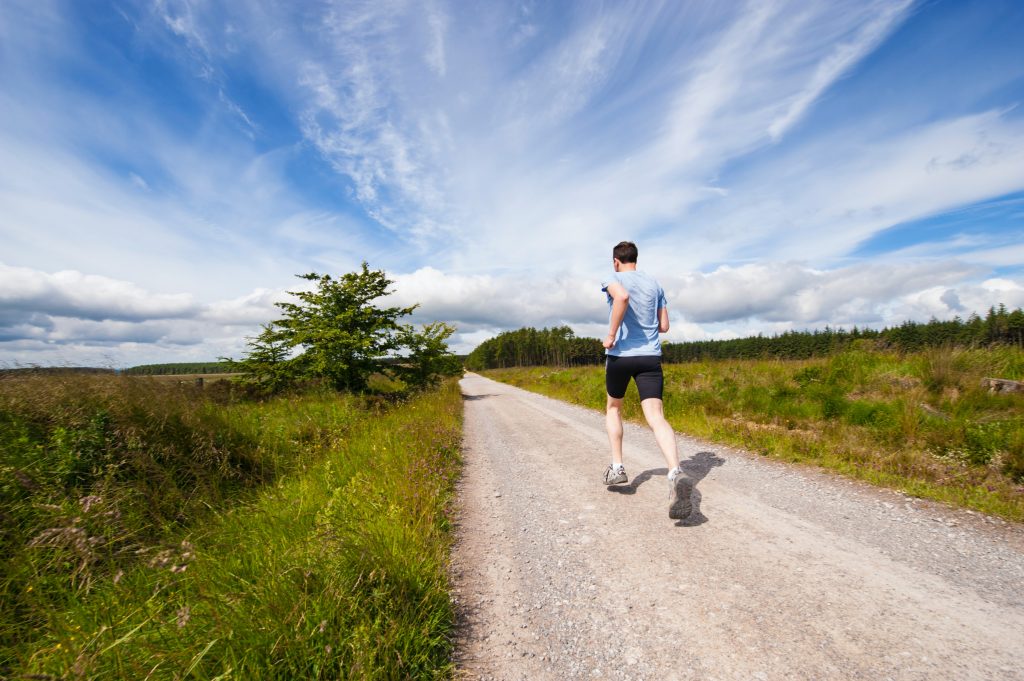Just because you are eating a vegan diet does not mean that you are eating healthy.
Yes, you get points in the ethics section, but they get taken away with the ethics of taking care of your own body.
Here are the top 5 mistakes that some vegans make when making food choices.
1: Carb overload.
Many vegans pile on the simple carbs, such as bread, pasta, and refined grains.
If you eating gluten free items it can be worse.
Gluten free breads usually contain potato starch, white rice flour, and corn flours – all extremely high in simple carbs which quickly convert to sugar in the body while being digested.
Potatoes in all forms are high in simple carbs – French fries, home fries, and even a baked potato, however, the latter is OK when it’s eaten moderately.
Organic whole grain breads, and other whole grains such as Quinoa, Brown rice, and Millet are more wholesome and nutritious.
2: Fry fest
Another problem with many vegan diets is eating lots of fried foods, especially when eating out.
Most vegan restaurants use conventional Soybean and Canola oils to fry and cook their dishes which is highly inflammatory.
Remember that most conventional Soy and Canola are GMO.
Organic Olive oil and organic Coconut oil are way better alternatives , but probably only available when you are cooking at home.
3: Fake meats
The fake meat industry is raging now will all of the meat substitutes, and Soy and Seitan (Wheat Gluten) are the big “go tos” when creating meat substitutes.
These meat substitutes are usually highly processed, and most likely GMO. This is also an inflammatory nightmare.
The “Beyond burger” and the “Impossible burger” are also highly processed, and the latter made with GMO ingredients.
Homemade veggie burgers, or organic store bought veggie burgers with very few ingredients are better and healthier choices.
4: Nut milks
Nut milks are all the rage now, and there are many that are made with GMO ingredients and lots of additives such as carrageenan, “natural flavors”, and a fair amount of cane sugar – the last thing we all need.
Read the label carefully and choose nut or seed milks that contain very few (and hopefully organic) ingredients.
5: Sugar fest
Sugar is bad in any diet, and many of the vegan foods contain a high amount of sugar in many forms such as high fructose corn syrup and cane sugar, especially cakes, cookies, and other sweets.
Artificial sweeteners should be completely avoided as they are made from many chemicals that have been shown to be harmful.
Maple syrup, Coconut sugar, Stevia, and Monk fruit are better alternatives that the body can metabolize more slowly, but be careful with these sweeteners (except for Stevia), as having too much can boost blood sugar levels quickly. Keep in mind that there are some products that have a combination of Stevia, Dextrose, and artificial sweeteners mixed together which I advise against.
Bottom line
A vegan diet can be really healthy and help with how your body ages and performs throughout your life, when incorporating whole foods, especially in your latter years.
Eating more fresh and organic fruits and vegetables will give your body the amazing nutrition it deserves, and keep your immune system at it’s best when needed.



